Anti-aging skin care: it’s something all of use begin to get curious about as the years tick by, but where do we even begin? Today we’re talking about all things anti-aging skin care, including how your skin changes with age, how to help curb these effects, and what our favorite anti-aging skin care products are!

This article was written by Professional Aesthetician & Makeup Artist Genevieve Blair. Genny’s background in Medical Aesthetics performing laser skin treatments, assisting the Dr in his injectable procedures, and leading teams of Estheticians through training on new systems is her foundational knowledge. Adding Genny’s personal experience with health issues within herself and her children gave her a unique point of view on clean living. Through many conversations she realized that more people needed her collected knowledge, giving exactly the push she needed to get active on social media under @GennyBBeauty on Instagram. From makeup tutorials to skincare education you can find the inspo you need to feel the best in your own skin. Take it away Genny!
Do you ever have a moment where you discover something new about your body in a passing glance of the mirror? For me, it always happens when I’m attending a party or get-together where I can’t do a thing about it. Typically, this ‘discovery’ is centered around a misplaced long hair in the chin area, a brand-new gray hair, or my personal favorite…a new wrinkle that had gone unnoticed before. Choosing to age with grace isn’t exactly…graceful at all times, but with some intentional skincare and a little bit of knowledge you can definitely age with confidence.
How do we begin supporting this sophisticated organ through the years? Knowing what can help us in our efforts, what may not be helping (despite what your Aunt Susan told you), and knowing where to spend your time and money to keep skin healthy and glowing will keep a pep in our step at each season of life.
What’s In Our Skin?
The first step to really understanding our anti-aging skin care routine is understanding what exactly makes up our skin. As we start to age our skin goes through changes such as epidermal thinning, slow cell turnover rate, and a breakdown of framework and structure. Learning about this vital organ can greatly help the appearance of our skin and slow down the changes that occur naturally or from outside sources.
The top most layer of our skin is called the Epidermis. This layer is full of various skin cells that carry substances such as:
- Keratin- a protein that makes cells adhere to each other and forms a protective layer.
- Lipids- a mixture of ceramides (a waxy material), free fatty acids, and cholesterol that play a crucial role in the skin’s protective barrier to keep and aid the natural repair process.
- Melanocytes- cells responsible for the formation of melanin, which determines the color of our skin.
- Desmosome- an anchoring junction that links cells together.
The deeper layer of our skin is called the Dermis. Some things you can find in the Dermis are:
- Fibroblasts- a type of cell that makes collagen and structural framework in tissue, these are especially critical in wound healing.
- Collagen- a protein that provides a scaffold for strength and structure in the skin.
- Lymph Vessels- carry white blood cells
- Capillaries- carry blood
- Sweat Glands- small glands that secrete sweat (water)
- Sebum Glands-small glands that secrete sebum (oil)
- Hair follicles- a sheath that surrounds the root of hair
- Nerve Endings- touch receptors
Now that you’ve got a breakdown of what’s in your skin let’s get to what happens to our skin when we start to get older. You may start to see skin discoloration, wrinkles, sallow skin tone, and uneven texture as soon as your early twenties. However, there are two different processes that accelerate skin aging: chronological and environmental.
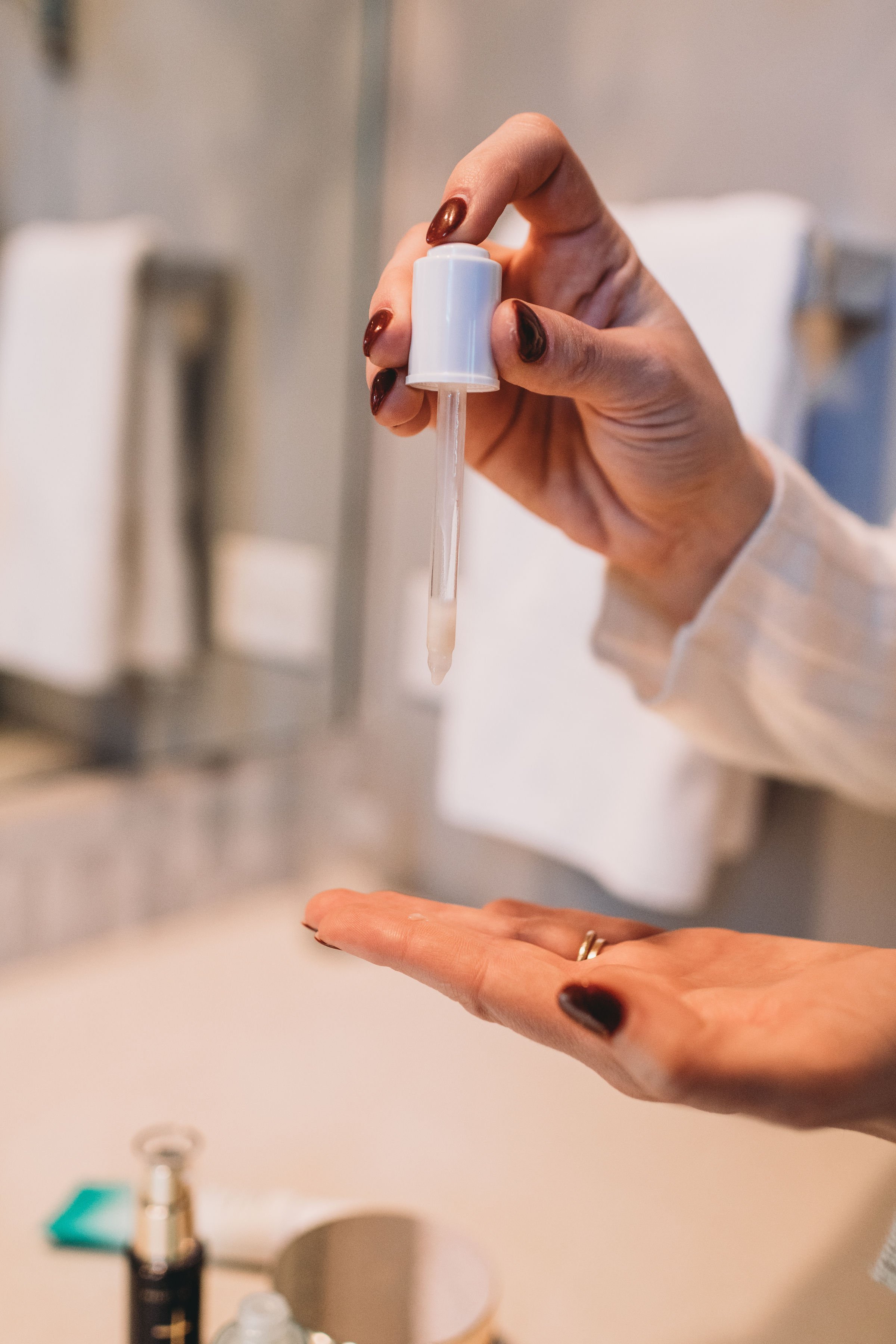
How Aging Naturally Changes Skin Over Time
Stopping the aging process is not the goal. Skin will change naturally over time, and that’s OK! Usually, the first signs of natural aging happen around the time we turn 30. New cells regenerate more slowly and hormone production causes changes to the skin.[1] However, understanding the process of natural aging can help us learn how to work with what we have!
Wrinkle Formation
Wrinkles start with the breakdown of collagen creation found in the fibroblasts within the Dermis. As time goes on, collagen production slows down dramatically.[2] In fact, a 68% decrease in collagen formation was measured from 80+year old female skin to 18-29 year old skin[3]. This is due to the decrease in overall fibroblasts over time.
Reduction in Hyaluronic Acid
Another result from the decrease in fibroblasts is reduced creation of Hyaluronic Acid. This substance is an incredible humectant – a type of ingredient that draws moisture from the environment. With less Hyaluronic Acid in our skin structure, it becomes harder for the skin to hold on to water. As a result, the skin becomes more dehydrated and proper barrier function breaks down. A dysfunctioning barrier, more commonly known as a moisture barrier, can cause unusual product sensitivity, dry patches, premature fine lines, slow cell turnover, uneven skin texture, and possibly bacterial breakouts.
Uneven Pigmentation
Uneven pigmentation is another sign of aging skin. The total number of active melanocytes in our skin decrease at a rate of 8%-20% per decade[4] . This can play a factor in overall skin tone appearance, as melanocytes are responsible for skin color. Every 26 days we have a totally new Epidermis, so skin cells should be leaving the skin at an even rate, but this process becomes slower as we age. In a perfect world we would have the same cell turnover we did as children the rest of our lives!
How Environmental Factors Contribute to Skin Aging
Now, this is where things get interesting! While we don’t have much control over the natural aging process, we can absolutely control some of the environmental factors that contribute to aging. From skincare to nutrition and exercise to mental health, all of these things can make or break our experience in skin health as we age.
Sugar is a hot topic in nutrition but have you thought about the effects of sugar in your skin? Pollution in the air around you? What about UV exposure from the sun? When sugar, pollution, or UV light is introduced to collagen it generates an ROS- Reactive Oxygen Species, more commonly known as a Free Radical.[5].
AGE’s are formed when protein or lipids go through the process of glycation. Glycation occurs when insulin doesn’t metabolize sugars properly. AGE’s can cause collagen to become brittle instead of supple and bendable. When Free Radicals and AGE’s are found together it can lead to unorganized, cross linking collagen and inflammation.
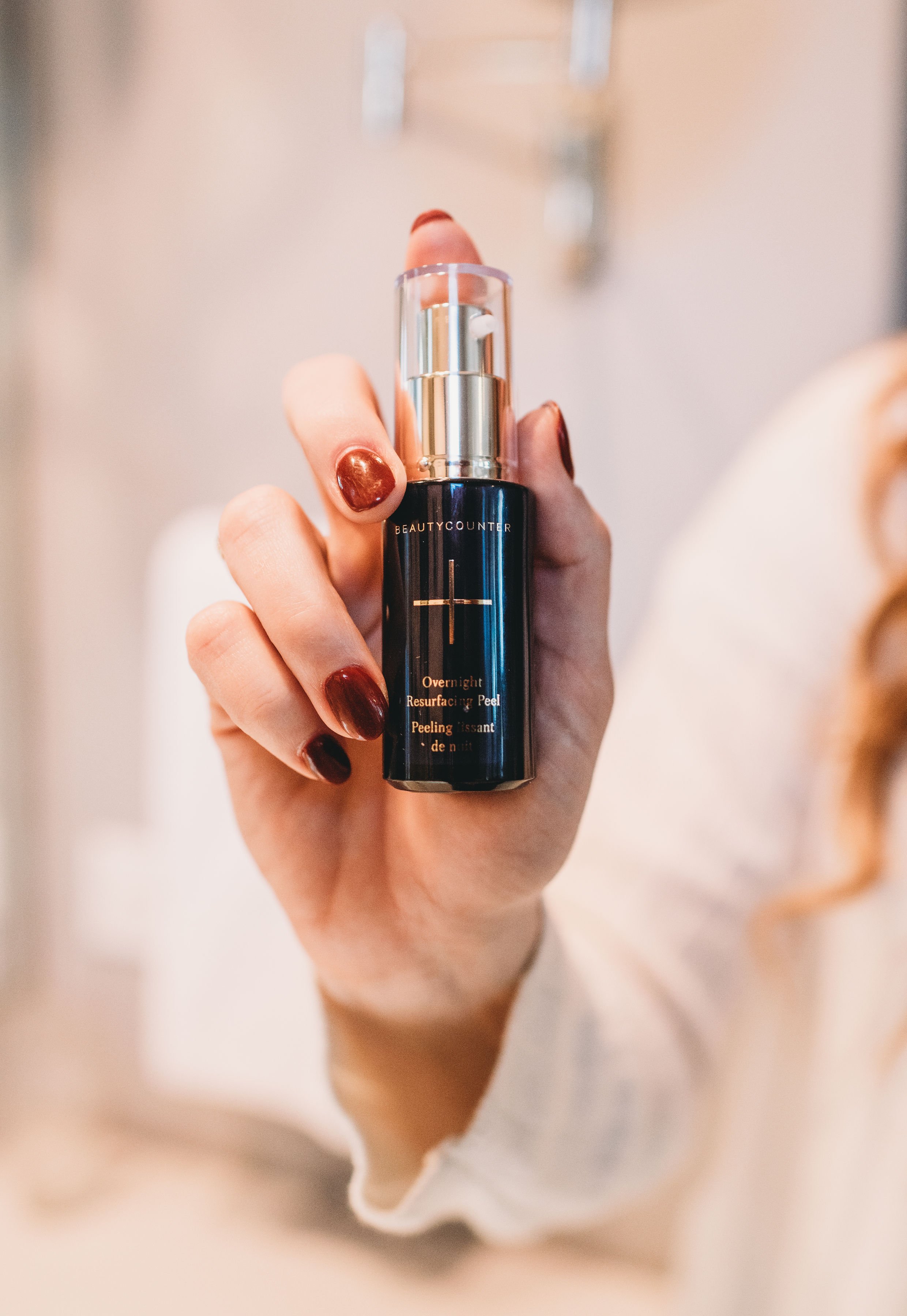
Our Favorite Anti-Aging Skin Care Products
Now that we know we have less hydration in our cells, slower cell turnover rate, less collagen, UV damage, and free radicals running amok in our skin what can we do about it? What is the best way we can care for our skin?
Let’s start with one you might have heard before but might view with a different light now. Sunscreen! This simple but effective step can stop UV rays from hitting your cells in the first place. Like a literal shield!
Favorite Sunscreens
- Countersun Mineral Sunscreen Mist SPF 30 Travel Size – 6 oz. $36
- Beautycounter Countersun Mineral Sunscreen Stick SPF 30 – 0.5 oz. $21
- Badger SPF 30 Tinted Unscented Sunscreen Cream – 2.9 oz. $15.99
Next up, finding products with Hyaluronic Acid in them can help the overall appearance of dry skin and temporarily replace what is naturally found in our skin at younger ages.
Favorite Hyaluronic Acid Products
- Skin Twin Featherweight Foundation – 30 mL/ 1.35 fl. Oz. $45
- BIOSSANCE Squalane + Omega Repair Cream – SIZE 1.69 oz/ 50 mL $58
New findings show that topical peptide application can show significant improvement in skin roughness, volume, and elasticity[6]. Peptides are a variety in size chain of amino-acids. They play a role in stabilizing collagen, melanin creation, and wound healing. Peptides act like signals in skin. Certain kinds of peptides show our skin to produce more collagen or even hyaluronic acid, while others signal to slow down the natural breakdown of collagen.
Favorite Peptide Products
- Countertime Tripeptide Radiance Serum – 30mL / 1 fl. oz. $79
- JUICE BEAUTY Signal Peptides Firming Serum – 30mL / 1 fl. oz. $110
Gentle but effective chemical exfoliation can be the ticket to smoother skin and better product absorption, thus giving a more youthful appearance. Slower cell turnover rate results in a build up of cells on the top layer of skin, creating an appearance of enlarged pores, dry/rough skin, poor light reflection, and some types of acne. Rubbing your face with a rough towel will only cause inflammation and more breakdown of delicate skin structures. Choosing products that will give you valuable resurfacing can be the make or break product in a great anti-aging skincare routine.
Other Favorite Anti-Aging products
- Beautycounter Overnight Resurfacing Peel – 30ml / 1 fl. Oz. $65
- GOOP Exfoliating Instant Facial – 0.5 fl oz and 1.7 fl oz $112
- Tata Harper Resurfacing Serum – Brightening Vitamin C + AHA/BHA – 1 fl. Oz. $92
Ultimately, you get to choose how you care for your own skin, mind, and body. You won’t ever regret the choice to expand your knowledge and skincare regimen! Remember, our skin cells renew completely about every 26 days. There is a chance to start anew always. Next time you spot a new wrinkle at the inevitable event you’ll be attending you can tell your friends you have reached ‘senescence’, which is the literal scientific term for ‘the condition or process of deterioration with age.’ You’ll sound wise beyond your years, and no one will question your wisdom.
Sources:
[1] “An overview about oxidation in clinical practice of skin aging – NCBI.” http://www.ncbi.nlm.nih.gov/pmc/articles/PMC5514578/. Accessed 15 Apr. 2019.
[2] “Characteristics of the Aging Skin – NCBI.” http://www.ncbi.nlm.nih.gov/pmc/articles/PMC3840548/. Accessed 13 Apr. 2019.
[3] “Decreased Collagen Production in Chronologically Aged Skin: Roles ….” http://www.ncbi.nlm.nih.gov/pmc/articles/PMC1606623/. Accessed 13 Apr. 2019.
[4] “Characteristics of the Aging Skin – NCBI.” http://www.ncbi.nlm.nih.gov/pmc/articles/PMC3840548/. Accessed 13 Apr. 2019.
[5] “Articles – The International Dermal Institute.” https://www.dermalinstitute.com/us/library/23_article_What_Causes_Skin_Aging_.html. Accessed 15 Apr. 2019.
[6] “Peptides and Skin Health | Linus Pauling Institute | Oregon State ….” http://lpi.oregonstate.edu/mic/health-disease/skin-health/peptides. Accessed 15 Apr. 2019.
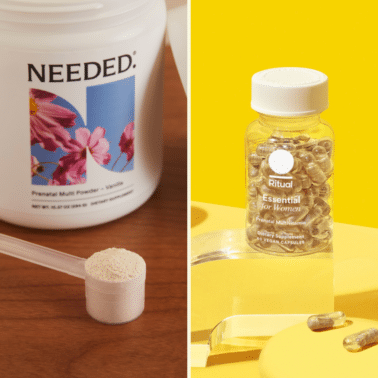
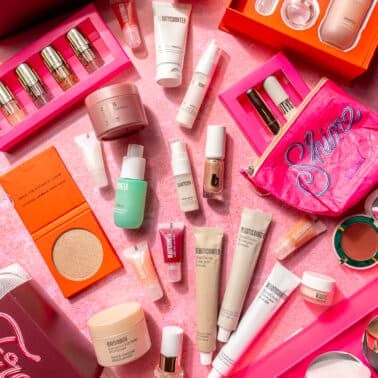

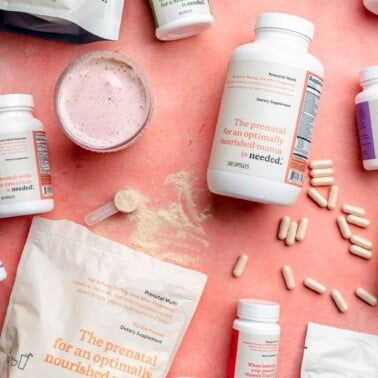








Full share, it’s a real shame that I don’t have my favorite Neutriherbs skincare products